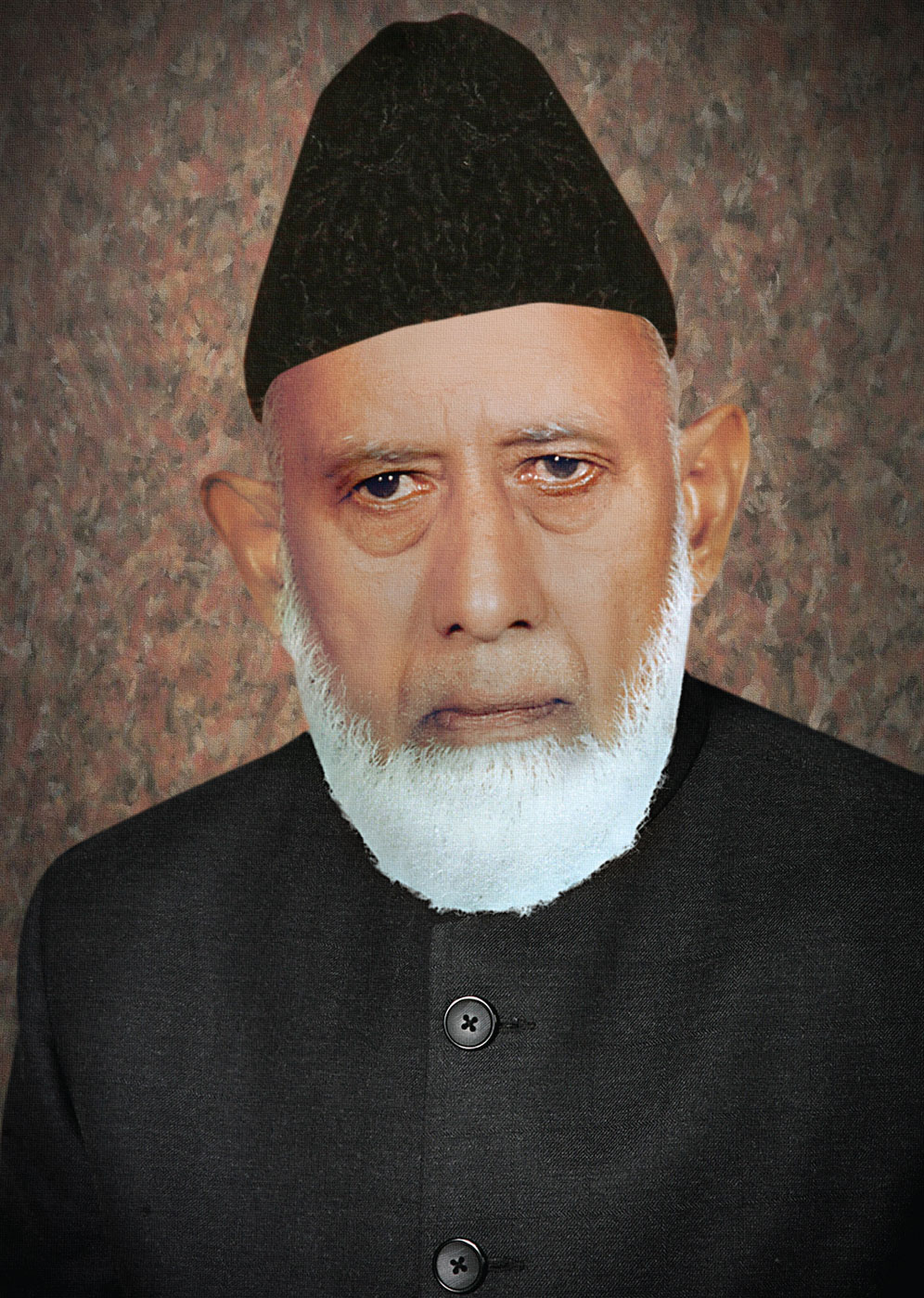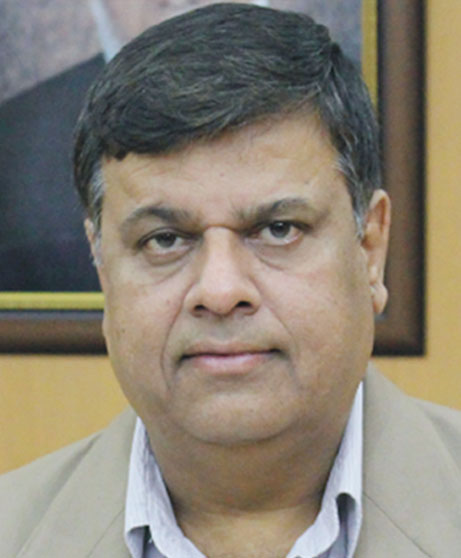Description: Access to clean and safe drinking water is fundamental for public health and well-being. Karachi, being one of the largest cities in Pakistan, faces significant challenges in ensuring the quality of its potable water due to various factors such as industrial pollution, urbanization, and inadequate infrastructure. Therefore, conducting a comprehensive analysis of the physiochemical properties and heavy metal concentrations in Karachi’s potable water is crucial to assess its quality and potential health risks.
Socio-Economic Benefits: This project will provide valuable insights into the quality of potable water in Karachi, helping policymakers, regulatory authorities, and relevant stakeholders to develop strategies for ensuring access to safe and clean drinking water for the city’s residents. Additionally, the findings of this study can serve as a basis for further research and interventions aimed at addressing water quality issues in urban environments.
Category: Waste management – Solid Waste management, environmental waste management, Biodegradation, fishery waste management, Marine waste management
Department: Zoology



